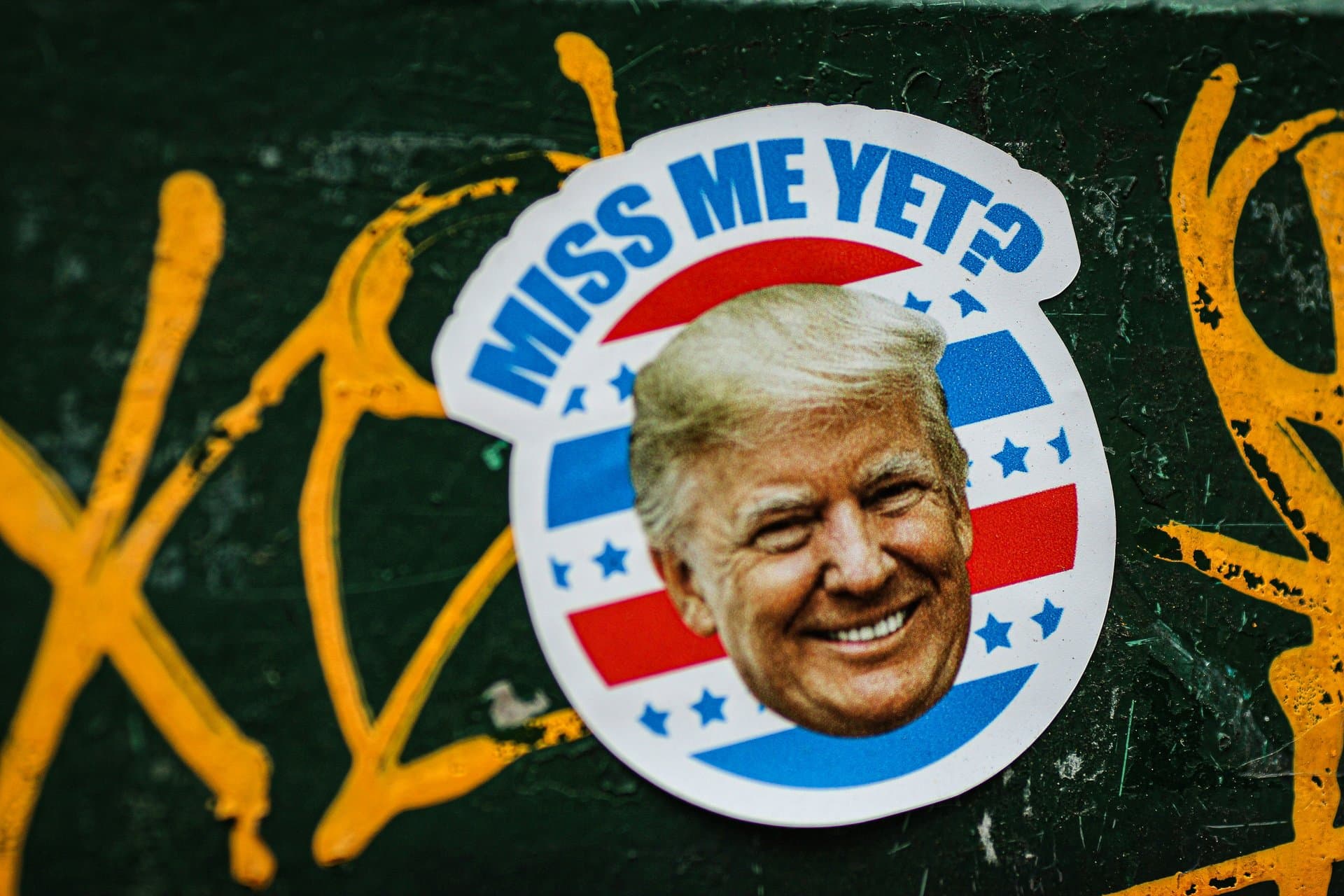Trump’s Fed Dismissal Calls Threaten Central Bank Independence
Explore how Trump’s push to remove Federal Reserve governors challenges the Fed’s independence, risking inflation and financial stability, with insights from Citadel CEO Ken Griffin’s Wall Street Journal op-ed.

Key Takeaways
- Fed independence shields economy from political swings
- Trump’s dismissal calls risk inflation and borrowing costs
- Legal limits protect Fed governors from political removal
- Investor confidence hinges on Fed’s credibility
- Politicizing the Fed threatens U.S. financial stability

Imagine the U.S. Federal Reserve as the steady hand guiding the economy through turbulent waters. Its independence from political influence is no accident—it’s a carefully crafted shield designed to keep inflation in check and markets stable. Recently, former President Donald Trump’s public calls to dismiss Federal Reserve governors, including Dr. Lisa D. Cook, have stirred a storm of concern.
Citadel CEO Ken Griffin, in a Wall Street Journal op-ed, sounded the alarm on how such political interference threatens the Fed’s autonomy, potentially driving up inflation and borrowing costs. This debate isn’t just about personalities; it’s about preserving the trust that underpins the U.S. economy’s strength.
This article unpacks why Federal Reserve independence matters, the legal boundaries protecting it, and the risks posed by politicizing monetary policy. We’ll explore insights from Griffin’s critique and the broader financial community’s response, offering a fresh perspective on a critical economic issue.
Understanding Federal Reserve Independence
The Federal Reserve’s independence is like a lighthouse guiding ships safely through economic storms. It’s designed to keep monetary policy decisions free from short-term political winds. Fed governors serve staggered 14-year terms, a structure meant to insulate them from election cycles and political pressure.
This setup allows the Fed to focus on long-term goals like controlling inflation and stabilizing growth. When presidents appoint governors, they do so with Senate approval, but they cannot simply dismiss them at will. This legal protection ensures decisions aren’t swayed by political agendas.
Think of it as a referee in a high-stakes game—if the referee starts favoring one team, the game loses its fairness. Similarly, the Fed’s credibility depends on its impartiality. Without it, investors and markets would hesitate, unsure if policies serve the economy or political interests.
Examining Trump’s Calls to Dismiss Governors
In mid-2025, Donald Trump publicly called for the removal of Federal Reserve Governor Dr. Lisa D. Cook, stirring controversy. This move was seen by many as an attempt to exert political control over the Fed, challenging its independence.
Citadel CEO Ken Griffin responded with a sharp critique in The Wall Street Journal, warning that such actions threaten the Fed’s ability to manage inflation and maintain financial stability. Griffin emphasized that investor confidence relies on a central bank free from political interference.
Trump’s rationale centers on frustration with higher interest rates, which he argues hurt economic growth and homebuyers. Yet, legal experts and the Department of Justice have clarified that governors can only be removed for cause, such as misconduct—not policy disagreements. This legal boundary preserves the Fed’s autonomy.
Legal Protections Safeguarding the Fed
The law firmly protects Federal Reserve governors from political dismissal. They serve 14-year terms and can only be removed for specific reasons like misconduct or incapacity. This framework is a deliberate guardrail against political meddling.
The Department of Justice has labeled claims that the president can remove governors for policy reasons as baseless. A coalition of civic and policy groups echoed this, condemning attempts to politicize monetary policy as attacks on institutional integrity.
This legal shield ensures the Fed can make tough decisions, like raising interest rates to curb inflation, without fearing political backlash. It’s a rare example where law and economic policy intersect to protect long-term stability over short-term politics.
Risks of Undermining Fed Independence
When the Fed’s independence is questioned, the consequences ripple far beyond Washington. A politically controlled Fed might face pressure to lower interest rates prematurely, risking higher inflation and economic instability.
Investor confidence is fragile; if markets suspect political interference, they demand higher risk premiums to hold U.S. debt. This raises borrowing costs for the government, squeezing budgets and potentially slowing growth.
Historically, periods of compromised Fed autonomy, like the 1970s, saw runaway inflation and financial turmoil. The U.S. dollar’s role as a global reserve currency depends on trust in the Fed’s impartiality. Undermining that trust threatens America’s economic leadership worldwide.
Balancing Debate and Independence
Healthy debate over monetary policy is vital—after all, the Fed’s decisions impact every American. Trump and his supporters argue that higher interest rates stifle growth and burden households, a perspective shared by many.
However, the line is crossed when political actors seek to remove governors for policy disagreements. Legal experts stress that removal for cause is the only lawful path, preserving the Fed’s autonomy.
This balance allows the Fed to be accountable yet insulated, making difficult choices that serve the economy’s long-term health. Protecting this balance is crucial to maintaining both democratic oversight and economic stability.
Long Story Short
The Federal Reserve’s independence isn’t a mere technicality—it’s the backbone of America’s economic resilience. Ken Griffin’s op-ed and the swift pushback from legal experts and civic groups underscore a shared understanding: meddling with the Fed’s autonomy threatens inflation control, investor trust, and the dollar’s global stature. For everyday Americans and investors alike, this means that safeguarding the Fed’s impartiality is essential to keeping borrowing costs manageable and markets calm. While debates over monetary policy are healthy, crossing into political interference risks unraveling years of hard-earned credibility. As the economy faces persistent inflation and fiscal challenges, preserving the Fed’s independence remains a non-negotiable priority. The relief of a stable financial system is worth defending, reminding us that some institutions must stay above the political fray to protect us all.